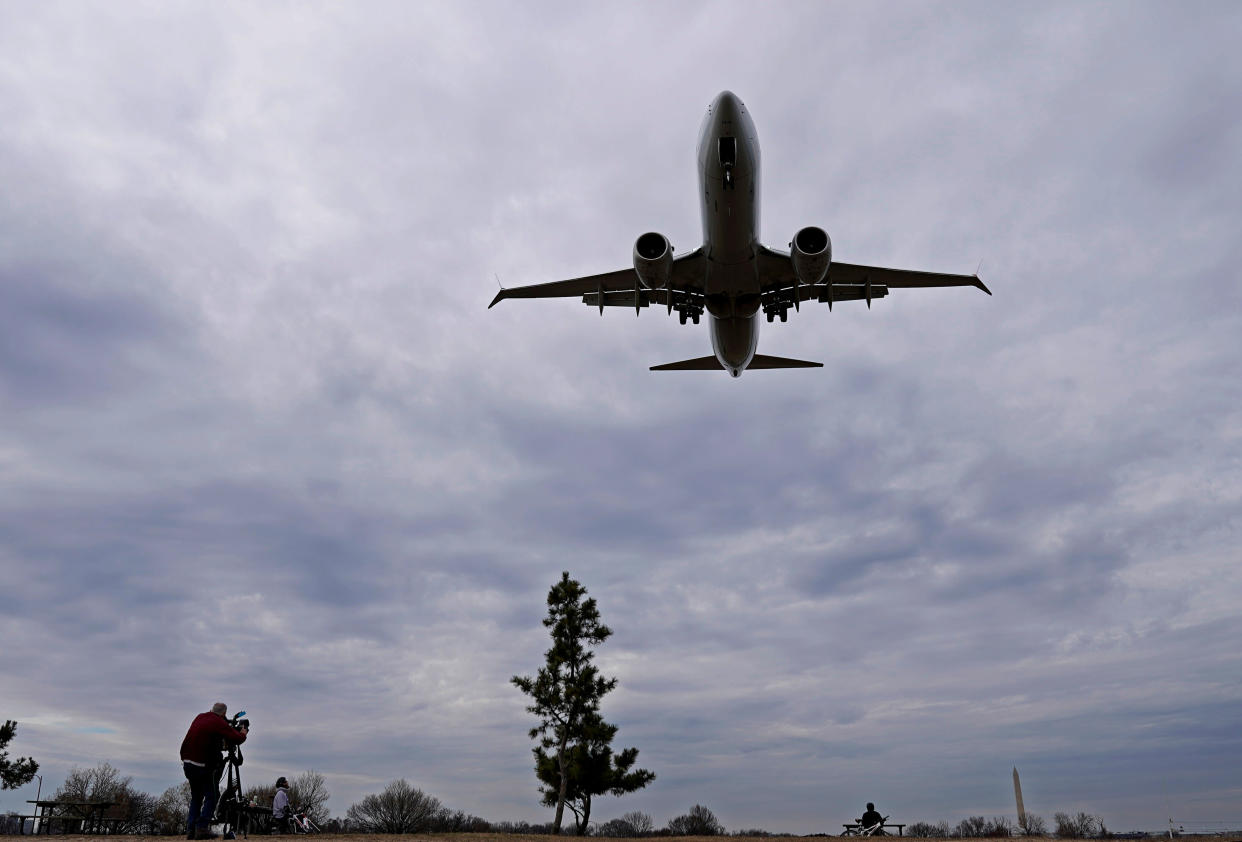Boeing knew about missing alarm a year before first crash

Boeing has admitted it knew about a missing feature on its 737 Max plans a year before the first of two fatal crashes.
The US aviation giant said it realised in 2017 that it had inadvertently made an alarm feature optional on its new model.
The statement is the first time Boeing has explicitly admitted to issues in the production of the 737 Max, but the firm maintains it did not affect plane safety.
But the new jets were already being delivered, and US regulators were not immediately told as Boeing did not believe the apparent mistake posed any risk.
Airlines around the world grounded their 737 Max planes in March this year after the Ethiopian Airlines disaster, in which 157 people died.
It came just five months after 189 people died in a Lion Air crash, also involving the same plane.
The safety feature concerned was designed to alert pilots when different sensors showed conflicting data. Boeing believed it had made the alarm a standard feature, but later discovered it was only provided to airlines which purchased it as an optional extra.
Boeing blamed the error on software provided to the company by an outside source, though did not give further details.
Flawed data from one sensor is believed to have automatically forced the planes which crashed into a nosedive.
The US watchdog, the Federal Aviation Administration, told Reuters Boeing waited 13 months before informing it of the missing alarm in November last year.
But Boeing said in a statement the features were not necessary for the plane to be flown safely, providing only “supplemental information.”
It believed the issue could be resolved in a later system update. The FAA accepted Boeing’s assessment, but spoke out against the firm for being slow admitting the problem.
An FAA spokesman told Reuters: “Boeing’s timely or earlier communication with the operators would have helped to reduce or eliminate possible confusion," he added.

